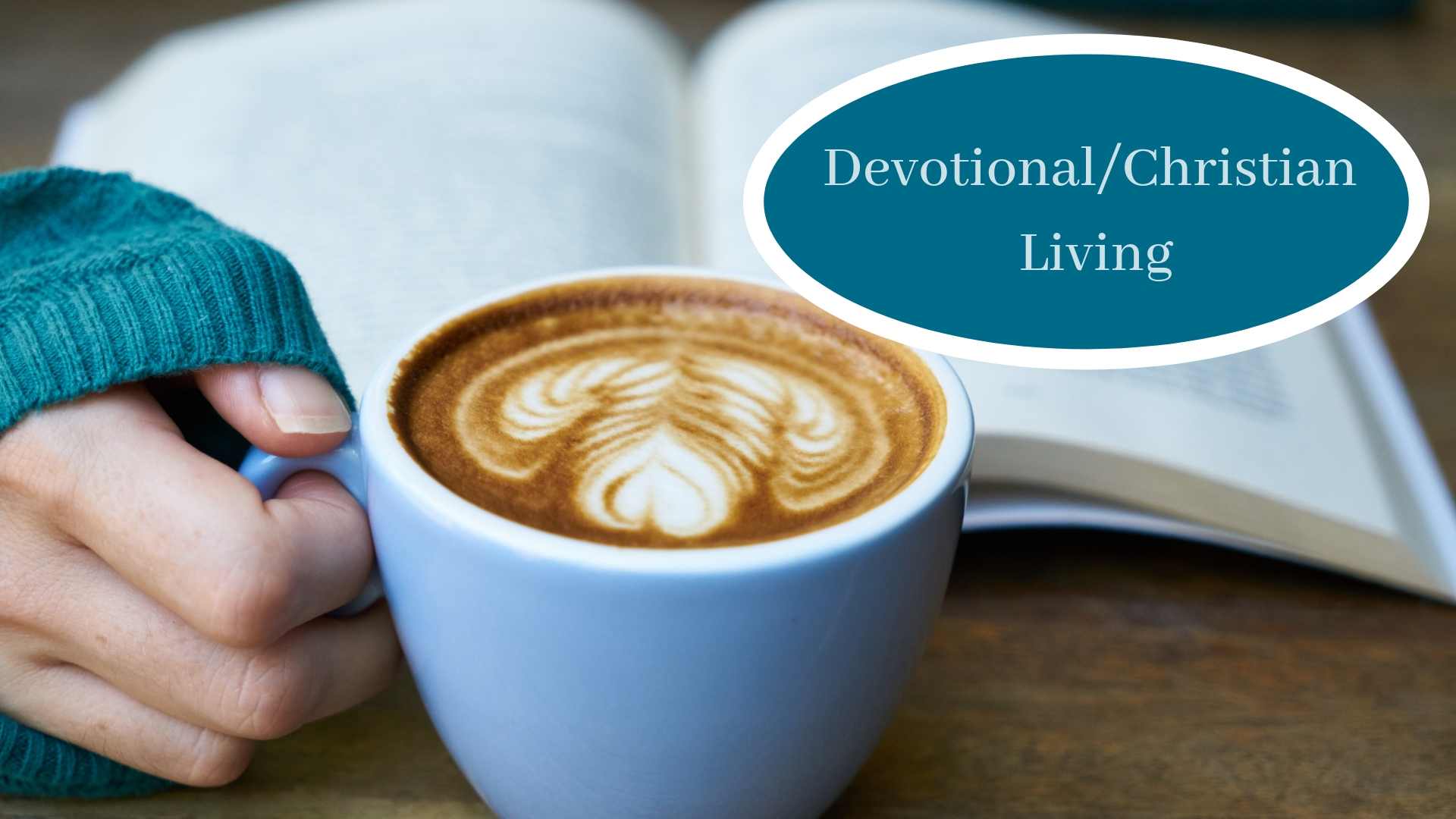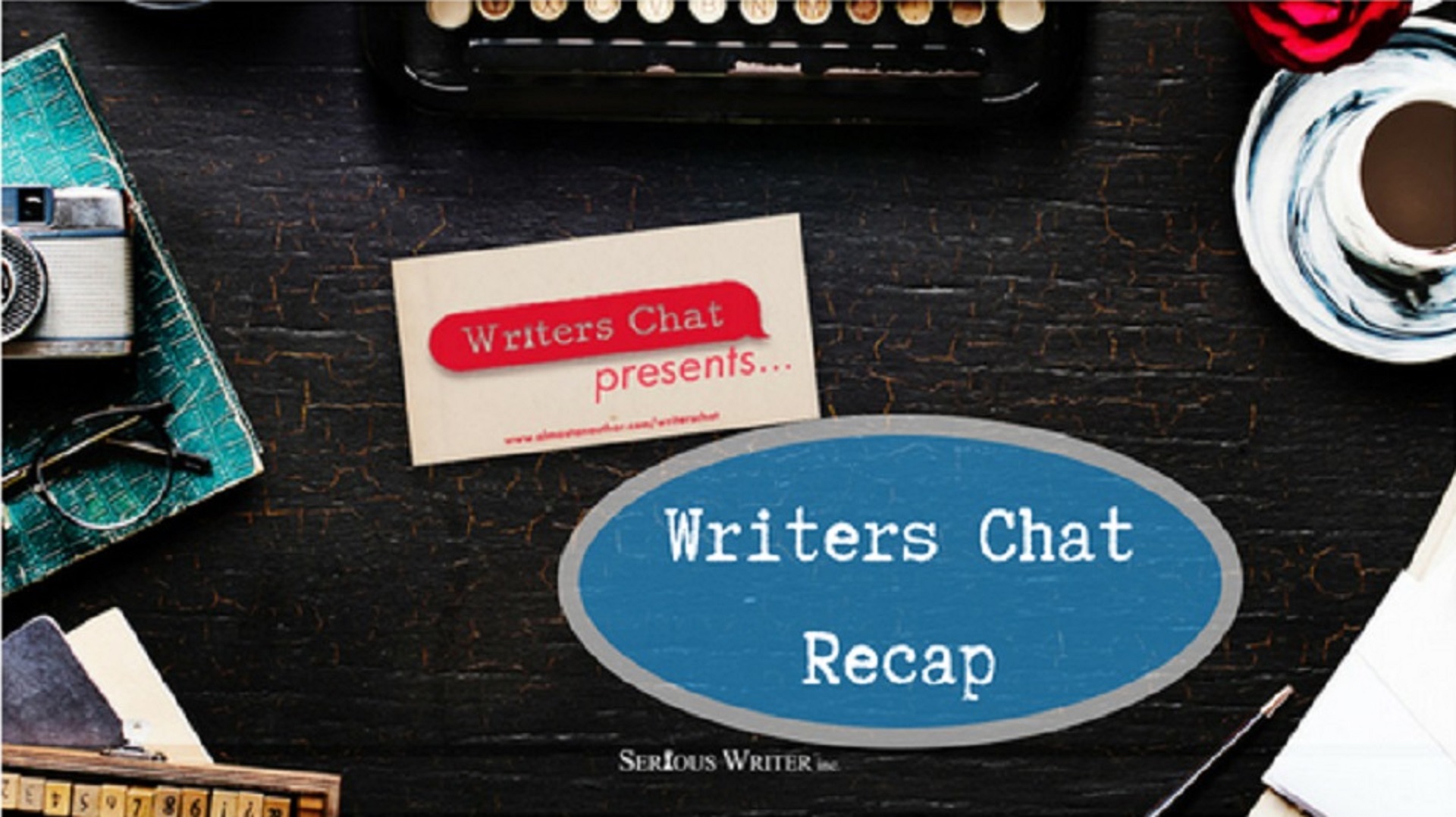
Writers Chat
writers chat recap for november, part 1
Writers Chat, hosted by Jean Wise, Johnnie Alexander, and Brandy Bow, is the show where we talk about all…
November 15, 2021
Writers Chat, hosted by Jean Wise, Johnnie Alexander, and Brandy Bow, is the show where we talk about all…
November 15, 2021
Writers Chat, hosted by Jean Wise, Johnnie Alexander, and Brandy Brow, is the show where we talk about all…
October 30, 2021
I am one of those writers who sits among piles of stuff. That piece of information I need? I…
August 19, 2020
Writers Chat, hosted by Jean Wise, Johnnie Alexander, and Bethany Jett, is the show where we talk about all…
July 15, 2020
How does a writer figure out what to say? My first writing step is to brainstorm as many ideas…
September 29, 2019
Writers Chat, hosted by Jean Wise, Johnnie Alexander, and Bethany Jett, is the show where we talk about all…
February 28, 2019